AMYOTROPHIC LATERAL SCLEROSIS (ALS)
ALS impedes motor function by causing rapid degeneration or death of nerve cells in the spinal cord, brainstem, and motor cortex of the brain. It is popularly known as “Lou Gehrig’s Disease.” The end result is a loss of muscle control. Virulence factors are unknown, and no effective therapy exists.
Studies suggest that mesenchymal stem cells may be able to repair nerve cell degeneration and impede toxic processes to prevent cell death. They may also stimulate the production of T regulatory cells and anti-inflammatory cytokines. All of these effects could slow the progression of ALS.
NEUROPATHY
Peripheral Neuropathy is a degenerative disorder that affects the nerves, typically in the hands and feet, that manifests as numbness, tingling, or burning pain. PN can be caused by diabetes and other autoimmune disorders, as well as infection, injury, metabolic issues, and toxic exposure.
Many medications are often prescribed to manage the pain, and progressive neuropathy can become resistant to treatment. Researchers hope that mesenchymal stem cells’ regenerative and immunomodulatory properties can mitigate the progression of PN.
PARKINSON’S DISEASE
Parkinson’s Disease is characterized by loss of the neurons responsible for the secretion of dopamine, leading to a host of neurological impairments. Symptoms include delayed movement and loss of coordination.
Stem cell therapy shows promise to mitigate many symptoms of Parkinson’s Disease. One long-term study showed improvement of certain symptoms, including tremor, facial expression, freezing, and gait. Mesenchymal stem cells may be able to support neurogenesis, protecting, regenerating, and networking damaged dopamine-producing neurons.
STROKE RECOVERY
A stroke occurs when the blood floor to the brain is suddenly interrupted. This happens most often when a blood vessel supplying the brain with oxygen becomes impeded (“ischemic stroke”).
Studies suggest that mesenchymal stem cells could can protect the brain after a stroke, normalizing and improving the function of the central nervous system as a whole. Stem cells may be able to inhibit cell death, promote cellular regeneration, and stimulate the production of new neurons, cytokines, and growth factors.
TRAUMATIC BRAIN INJURY
Traumatic brain injury results from a violent blow to the head with enough force to impede brain function. Brain injury is a major cause of disability and death worldwide.
Mesenchymal stem cells have shown the ability to produce growth factors needed for neural development. Stem cells may also provide relief for patients with damaged brain cells by naturally activating restorative processes in the brain.

